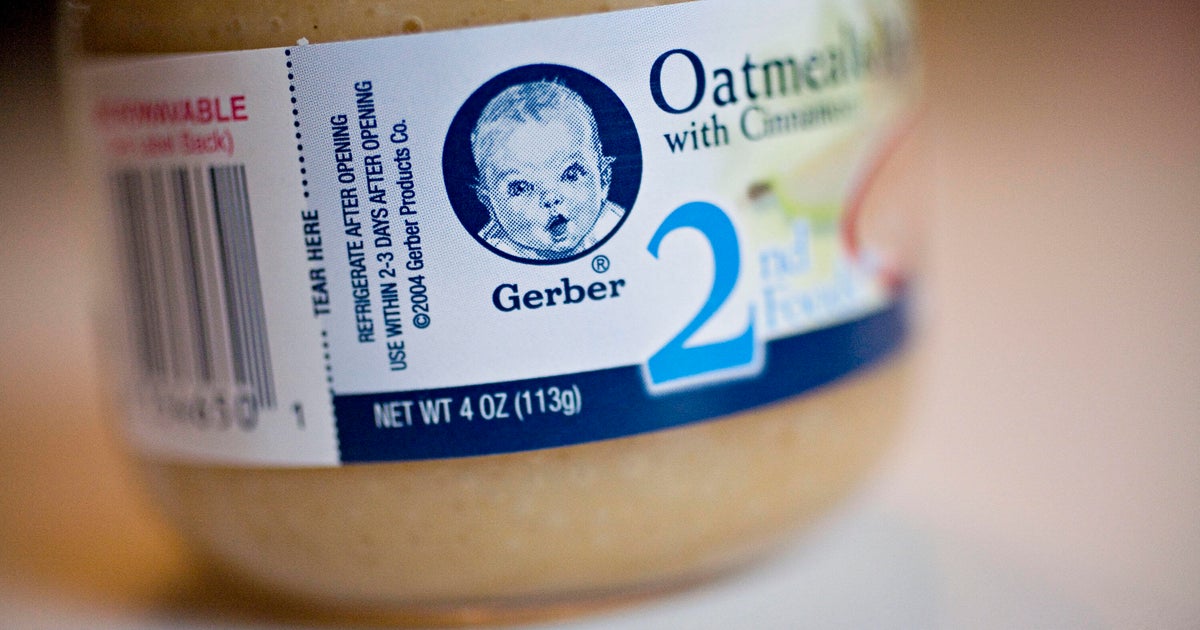Spotted Wing Fruit Fly Threatens To Devastate N.Y. State Berry Growers
CUTCHOGUE, N.Y. (CBSNewYork) – Late-season berries are the bread and butter for many New York farmers. But an invasive species is taking a bite out of their crop and bottom line.
Raspberries are ripe for the picking at Wickham's Fruit Farm on Long Island, but something that lurks in the bushes could spell disaster for berry growers across the state -- the spotted wing fruit fly, a new pest and a new problem, CBS 2's Vanessa Murdock reported Tuesday.
"For the first time we have a serious pest that if we're going to have clean fruit we're going to have to start spraying them," farm manager Tom Wickham said.
And Wickham has. It's the first time he's ever sprayed his raspberries and blackberries to protect them from this invasive species which hails from East Asia.
"It flies around like any other fruit fly," Wickham said.
But while ordinary fruit flies prefer overripe, even rotten fruit, the spotted wing likes perfectly ripe fruit, creating big problems for farmers.
"Pretty soon you've got like maggots, and it's just awful," Wickham said.
Just three days after the spotted wing lays eggs, perfectly ripe raspberries turn into a larvae-infested sludge, Murdock reported.
"It just has this ripple effect," said Dale-Ila Riggs of The Berry Patch in Stephentown who is also the president of the New York State Berry Growers Association. "The strawberry-raspberry-blueberry crop combined was worth $15 million and about $5 million was lost to spotted wing drosophila."
Riggs was talking about 2012, the first year the fly was noted throughout the state.
"When it first came out I was devastated," Riggs said.
She said she lost 40 percent of her blueberry crop and 20 percent of her raspberries.
Cornell entomologist Peter Jentsch said more management means more expenses.
"Growers have had to manage their crops much more intensively. They are losing tens of thousands of dollars on a per-farm basis," Jentsch said. "If the insect becomes so overwhelming to manage growers will just stop growing their crop."
If that happened it would ultimately resulting in fewer berries grown late in the season and fewer berries for you to get your hands on.
That said, growers said they will not go down without a fight.
"We're going to beat this critter," Riggs said.
With new research and new tactics growers hope to send this pest flying -- soon.
In addition to berries, the spotted wing fruit fly will also lay its eggs in other late-season, soft-flesh fruits like grapes, cherries, peaches and plums, Murdock reported.
You May Also Be Interested In These Stories







